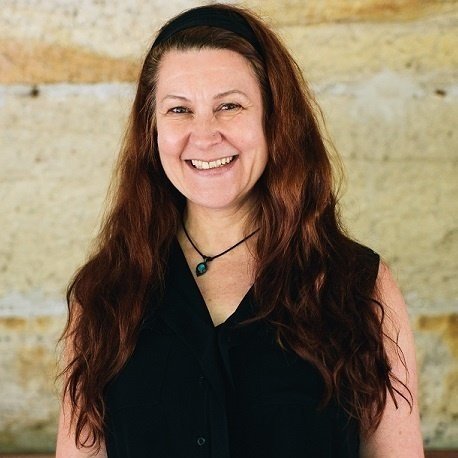FEMINISM IN CONFLICTS
2022 is a year fraught with conflicts. From the Russian invasion of Ukraine to Sri Lankan insurrection, power imbalances are being sustained and challenged across the globe. The panellists of 'Feminism in Conflicts' interrogate the possibility of gender justice in these distressing events: is feminism feasible? Can it properly address the large scale human suffering we are witnessing?
Renee Dixson (THEY/THEM)
Renee Dixson is a PhD candidate at the Australian National University. In their PhD research, Renee is building the first in the world queer digital archive of oral histories about LGBTIQ forced displacement. Renee continues their work as an emerging academic and activist by trying to build bridges and make a systematic change to support LGBTIQ+ displaced people, including through leading the non-for-profit Forcibly Displaced People Network, the first Australian LGBTIQ+ refugee-led organisation.
Christine de Matos (she/her)
Christine de Matos is an academic historian and the Associate Dean Research in the Faculty of Arts, Sciences, Law & Business at the University of Notre Dame Australia. Her research focuses on the military occupations that followed World War II in Japan and Germany, with a special interest in analysing the power dynamics of the occupier-occupied relationship through the lenses of gender, 'race' and class. She has published widely on Australia and the Allied Occupation of Japan, including 'Imposing Peace and Prosperity' (2008) and 'Japan as the Occupier and the Occupied', the latter co-edited with Mark E. Caprio (2015). Recent publications include journal articles on the internment of Japanese in British India in the Asia Pacific War and the potential of contemporary dance as a public performance of the past, and she is currently working on an international collaborative project comparing occupier families in Germany and Japan.
Women were occupiers too: Understanding the role of women in the Allied Occupations of Germany and Japan
The act of occupation presents itself as a decidedly masculine and violent endeavour. Yet this is not always the whole story, including the post-WWII occupations of Germany and Japan in the late 1940s and early 1950s. In both these occupations, heels and children and suitcases also arrived from occupier countries like the United States, Britain and Australia (the latter in the case of Japan), and a home was made for these occupier families, complete with a staff of 'servants'. Similar to the case of women who were colonisers, how are we to understand the role of occupier women? This presentation will explore some of the dynamics of these interactions, particularly between occupier and occupied women, using caricatures, photographs, and novels to reveal the gendered and classed nature of occupation power in the everyday context of the home.
Minoo Eslami (she/her)
Minoo is a PhD in biomedical engineering with years of experience in human right activism in different areas including women, children, LGBT+ people and asylum seekers’ rights.




